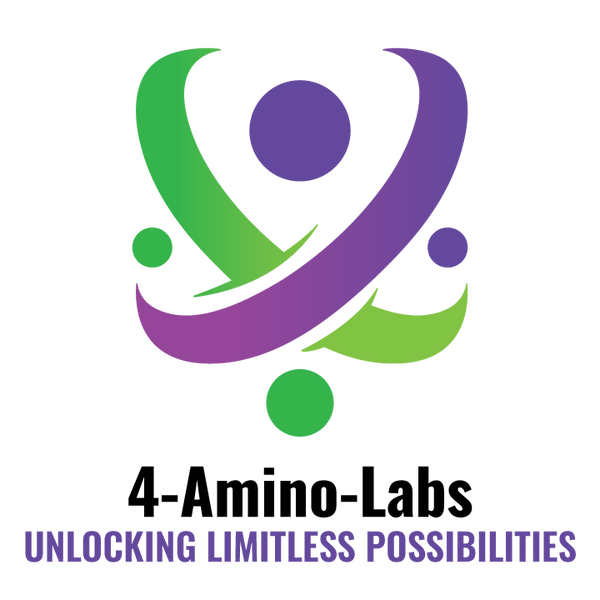A Complete Guide to HCG
Share
Mechanism of Action:
Human Chorionic Gonadotropin (HCG) is a hormone that mimics the action of Luteinizing Hormone (LH) in the body. In a bodybuilding context, HCG is used to stimulate the production of testosterone, which is crucial for muscle growth and recovery. The pituitary gland releases LH, which stimulates the Leydig cells of the testes to produce testosterone. HCG, having a molecular structure similar to LH, can mimic its action.
Benefits:
Human Chorionic Gonadotropin (hCG) is a hormone that has several potential benefits in a bodybuilding context.
-
Testosterone Production: hCG acts like luteinizing hormone (LH) in men, stimulating Leydig cells in the testicles to produce testosterone. This can be beneficial for bodybuilders, as testosterone plays a crucial role in muscle growth and strength.
-
Prevention of Side Effects from Steroid Use: Bodybuilders who take anabolic steroids such as testosterone sometimes use hCG to help prevent or reverse some of the side effects steroids cause, such as gonad shrinkage and infertility.
-
Fertility Preservation: hCG can help maintain fertility in men, particularly those who are on testosterone replacement therapy (TRT). It stimulates the production of sperm within structures in the testicles called seminiferous tubules,
-
Muscle Retention and Development: hCG can help with muscle retention and the development of lean muscle mass when taken regularly by those who are following a healthy diet and workout regularly.
-
Improved Athletic Performance: Increasing testosterone levels with hCG injections has the benefit of increasing energy levels, which can lead to better endurance and performance during workouts.
-
Increased Libido: When testosterone levels are higher, sex drive or libido also increases. hCG injections may improve your sex life.
Side effects:
Common side effects of HCG include headache, restlessness or irritability, mild swelling or water weight gain, depression, fatigue, breast tenderness or swelling, and pain, swelling, or irritation at the injection site.
More serious side effects can include swelling of the hands or legs, stomach pain and swelling, shortness of breath, weight gain, diarrhea, nausea or vomiting, and urinating less than normal.
In rare cases, people taking HCG have developed blood clots and allergic reactions, including mild skin rashes and severe anaphylactic reactions.
In young boys, HCG can cause early puberty, characterized by a deepened voice, pubic hair growth, and increased acne or sweating.
Interactions:
The use of chorionic gonadotropin is contraindicated for use in patients with prostatic or other androgen- dependent neoplasm. HCG activity is identical to that of luteinizing hormone (LH) and, to a small degree, that of follicle-stimulating hormone (FSH), resulting in production of androgens by the testis.
The use of chorionic gonadotropin is contraindicated for use in patients with prostatic or other androgen- dependent neoplasm. HCG activity is identical to that of luteinizing hormone (LH) and, to a small degree, that of follicle-stimulating hormone (FSH), resulting in production of androgens by the testis.
Dosing Guidelines:
-
Post-Cycle Therapy: After a steroid cycle, hCG is often used for a period of two to eight weeks. Dosages can vary, with some recommendations suggesting 500 IU daily or 2000 IU every other day.
-
Fertility Preservation: For maintaining fertility while on testosterone therapy, dosages might be around 500 IU subcutaneous three times per week or 1500 IU once weekly.
-
Coming Off Steroid Cycles: Bodybuilders coming off steroid cycles might need higher doses, such as 5000 to 10000 IU per week.
**The information provided on this post is intended solely for educational purposes and should not be considered a replacement for professional medical advice. Additionally, it is important to note that research chemicals are intended solely for laboratory study by professional researchers and are not intended for human consumption.
